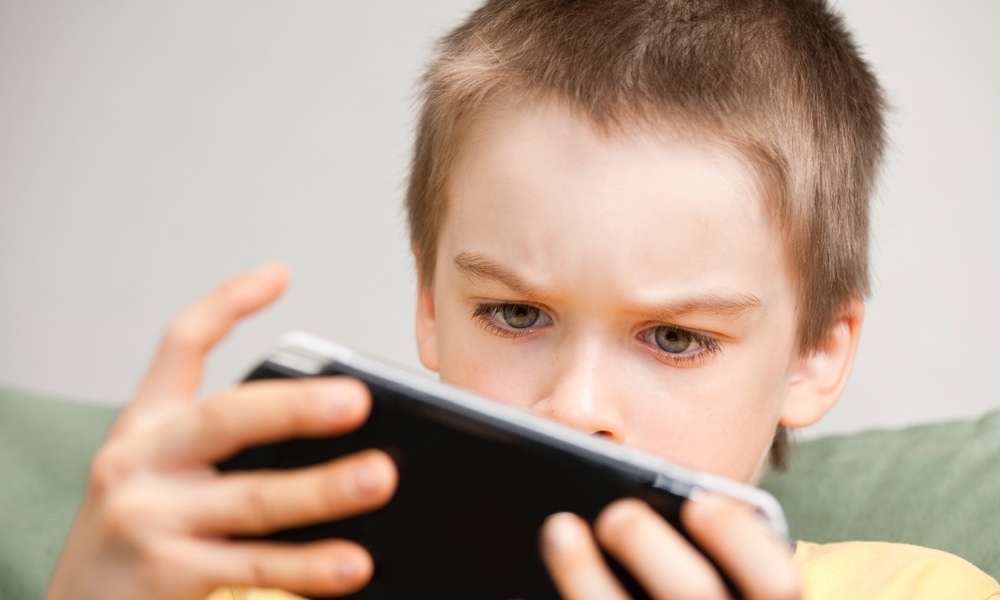Parents might feel they are fighting a losing battle when it comes to limiting their kids' screen time. As digital technology continues to evolve, researchers have been investigating how the strategies parents use, specific to technology, affect their kids' screen time.
Setting limits helps, but parents' own behavior may be just as important. When parents limited their kids' screen time and modeled healthy screen use themselves, the University of California at San Francisco researchers found, preteens' screen time decreased.
“Try to practice what you preach. Parents should follow the same rules they set for their kids,” Jason Nagata, first author on the study, told TheDoctor. Even if parents think tweens and teens are not listening to them or modeling behavior after them, they are still big influences in their kids' lives.
Data from more than 10,000 participants in the Adolescent Brain Cognitive Development Study were included in the study. All the tweens were between 12 and 13 years old and located in the U.S. Almost half were female and nearly 46 percent were from racial and ethnic minorities.Using screen time to reward or punish behavior was associated with more screen time and problematic video game use.
Kids in the study were asked how often they used screens for activities including gaming, social media, texting, video chatting, watching videos and surfing the Internet. The use of screens for schoolwork did not count.
The 6.916 participants who had at least one social media account were also asked to complete a questionnaire about social media addiction.
The tweens' parents were asked about their own screen use in front of their kids, how they monitored and restricted kids' screen use and if they used screen time to reward or punish behavior. Parents were also asked about the family's use of screens at meals and the kids' use of screens in their bedrooms.
Kids who were allowed to look at screens at mealtimes and in bedrooms logged the most screen time and showed the most addictive screen use. Using screen time to reward or punish behavior was associated with more screen time and problematic video game use.
The findings give parents concrete strategies they can employ with their tweens:
- Keep track of kids' screen use, and set time limits for recreational screen use
- Avoid having phones and Internet-connected devices in bedrooms
- Ban screen use at mealtimes — for parents and kids
- Turn off devices or at least silence notifications overnight
Screen time is not all bad. In moderation, it offers benefits — it can help foster social connections and a sense of community.
Too much screen time, however, has been associated with depression and can interfere with sleep, which is why it is important for parents to prevent screen use at bedtime. “Screen use at bedtime displaces sleep time, which is essential for health and development in young adolescents,” explained Nagata, an assistant professor of pediatrics at UCSF.
More screen time also means kids spend less time being physically active, raising their risk for being overweight and the health problems that often accompany carrying extra weight.
The team plans to follow the preteens from this study through the rest of their teenage years. The goal is to see if different parenting strategies are effective for older teens and young adults. As Nagata put it, “It is important to see what strategies work best for different age groups.”
The study is published in Pediatric Research.





